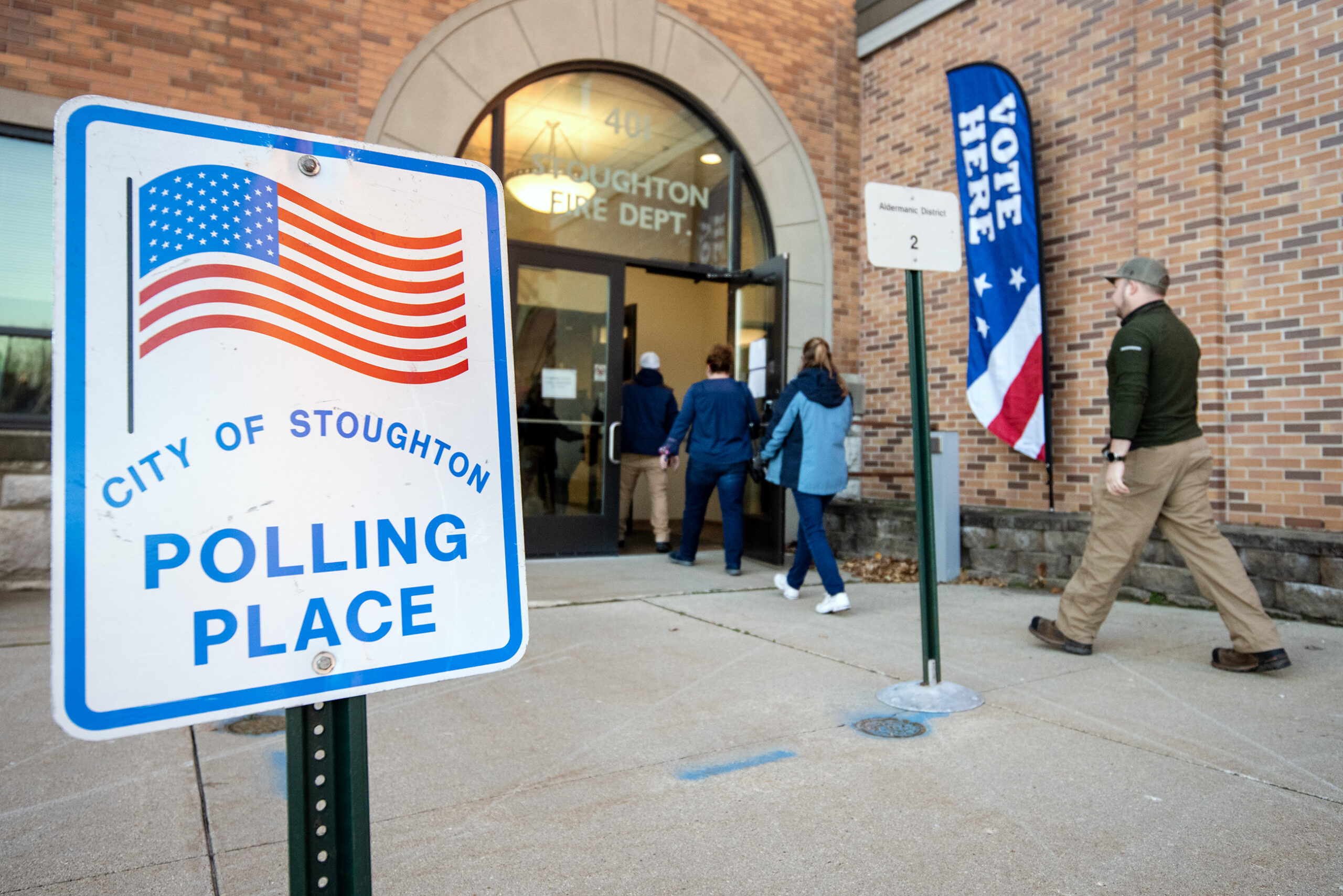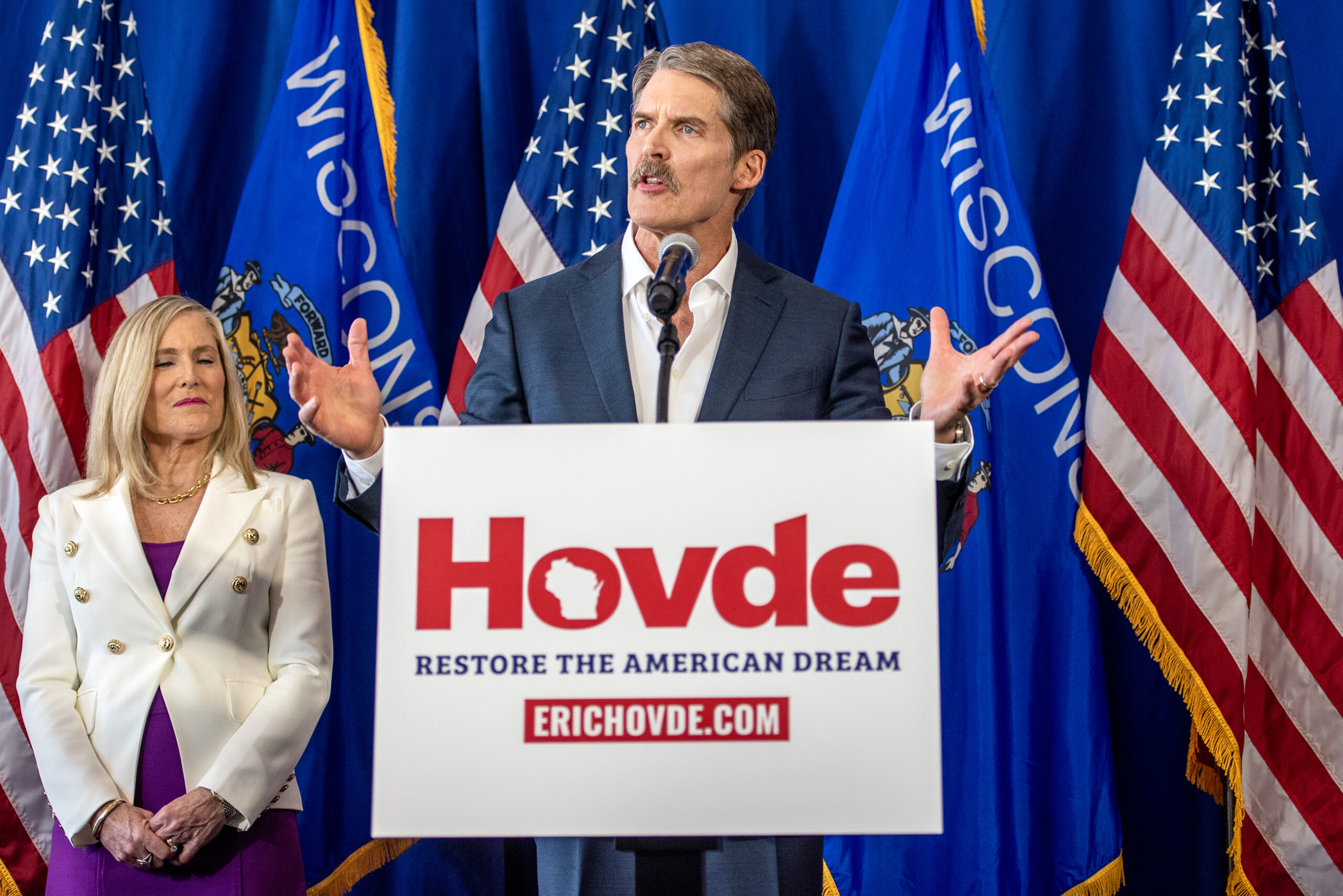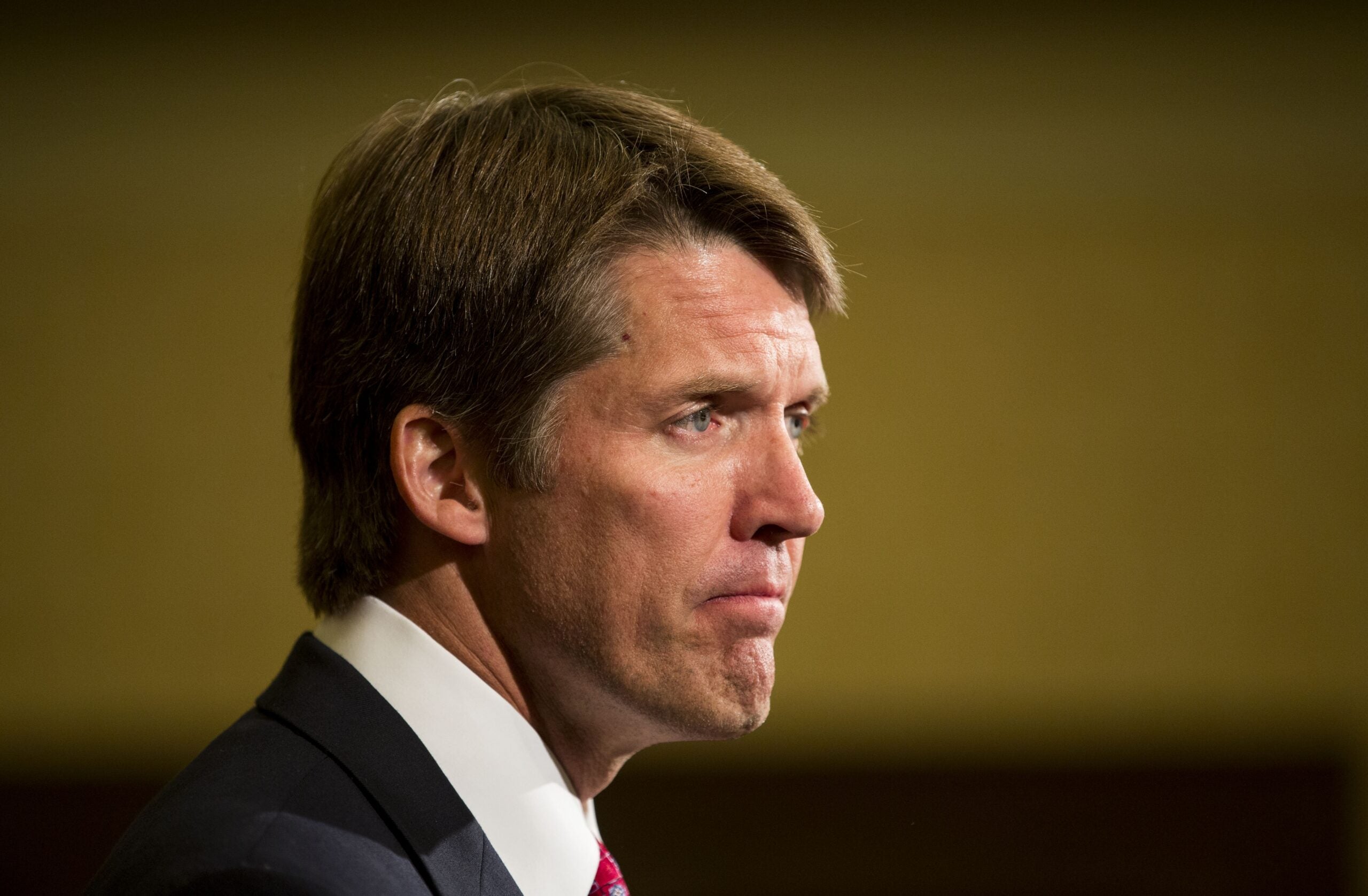When candidates from opposing parties move to the middle, casual voters may not be able to notice much difference between the individuals. The candidates running for Wisconsin’s U.S. Senate seat are reaching out to the mainstream, while accusing each other of being on the fringe when it comes to health care.
Both Tammy Baldwin and Tommy Thompson have tried to improve health care through government. Baldwin introduced bills for a single payer system to cover all Americans. She later backed the president’s Affordable Care Act, even though some of Baldwin’s supporters saw it as a giveaway to private insurers. At a 2009 Madison rally Baldwin explained why it wasn’t necessarily a weak substitute, “Single payer, I supported single payer and that’s how we get there. This is how we get there.”
The government health program Tommy Thompson touts is the state’s Medicaid program, BadgerCare. BadgerCare went hand-in-hand with then-Gov. Thompson’s plan to reform welfare in the state. The idea was that low income working people would need affordable health care their job didn’t provide. Joe Leann was state Health Secretary under Gov. Thompson during that time: “Both Tommy and I came from small towns where people worked in their own little stores or for small companies that didn’t provide health insurance. He did see people in Elroy and surrounding farms that really needed health care, so he has a place in his heart for providing health care for people.”
Stay informed on the latest news
Sign up for WPR’s email newsletter.
Because of BadgerCare, Wisconsin has one of the highest rates of health insurance coverage in the country. The program was something Thompson bragged about in this televised statewide debate, “When I was governor I started BadgerCare, the best health care program in the country, to this day. I also started SeniorCare which is the best elderly program for seniors in America.”
Actually Thompson did not implement Wisconsin’s prescription drug program for the elderly; that was his successor, Scott McCallum. The state program helping seniors pay for medication is popular, so is it’s federal counterpart, Medicare Part D. In a campaign ad, Thompson is described as the “architect” of that program when he was U.S. Health and Services Secretary. What Thompson doesn’t mention is that the federal government pays whatever pharmaceutical companies want to charge; there’s no negotiating. During a debate, Baldwin pointed this out, “It was made illegal for the federal government — for Medicare — to negotiate lower prices for our seniors. The bill wasn’t paid for. You look from today, 10 years forward it’s going to add nearly a trillion dollars to our national debt.”
Medicare is a campaign issue because of rising costs: a wave of baby boomers is just beginning to retire. And the pick of Paul Ryan for vice president has underscored the issue. The Janesville Republican has proposed creating government vouchers for seniors to purchase health care in the private market. Thompson was taped at a Tea Party event saying he’d “do away with Medicaid and Medicare,” a comment which now appears in ads for Baldwin: “Here’s what Tommy Thompson says on TV, ‘I’ll never break our promise to America’s seniors.’ Here’s what Tommy says behind closed doors. ‘And who better than me to end Medicaid and Medicare?’ Tommy says he’s the right guy to end Medicare? That makes him the wrong guy for me.
Baldwin has said she won’t change Medicare’s eligibility date an option says he would consider. But a UW-Madison associate sociology professor says raising the age by a few years would save a relatively small amount, “It doesn’t save a ton because people age 65 to 67 are actually the healthiest beneficiaries; they’re the youngest, they have the lowest medical care costs. So it certainly saves you some money but it doesn’t have a huge impact. “
Thompson has also suggested letting future Medicare beneficiaries into the same health program Congress uses. But he doesn’t know if that would save money. And that’s the bottom line. Whether the candidates want to change Medicare or keep it as is–the price tag is something is neither can ignore.
Wisconsin Public Radio, © Copyright 2024, Board of Regents of the University of Wisconsin System and Wisconsin Educational Communications Board.





